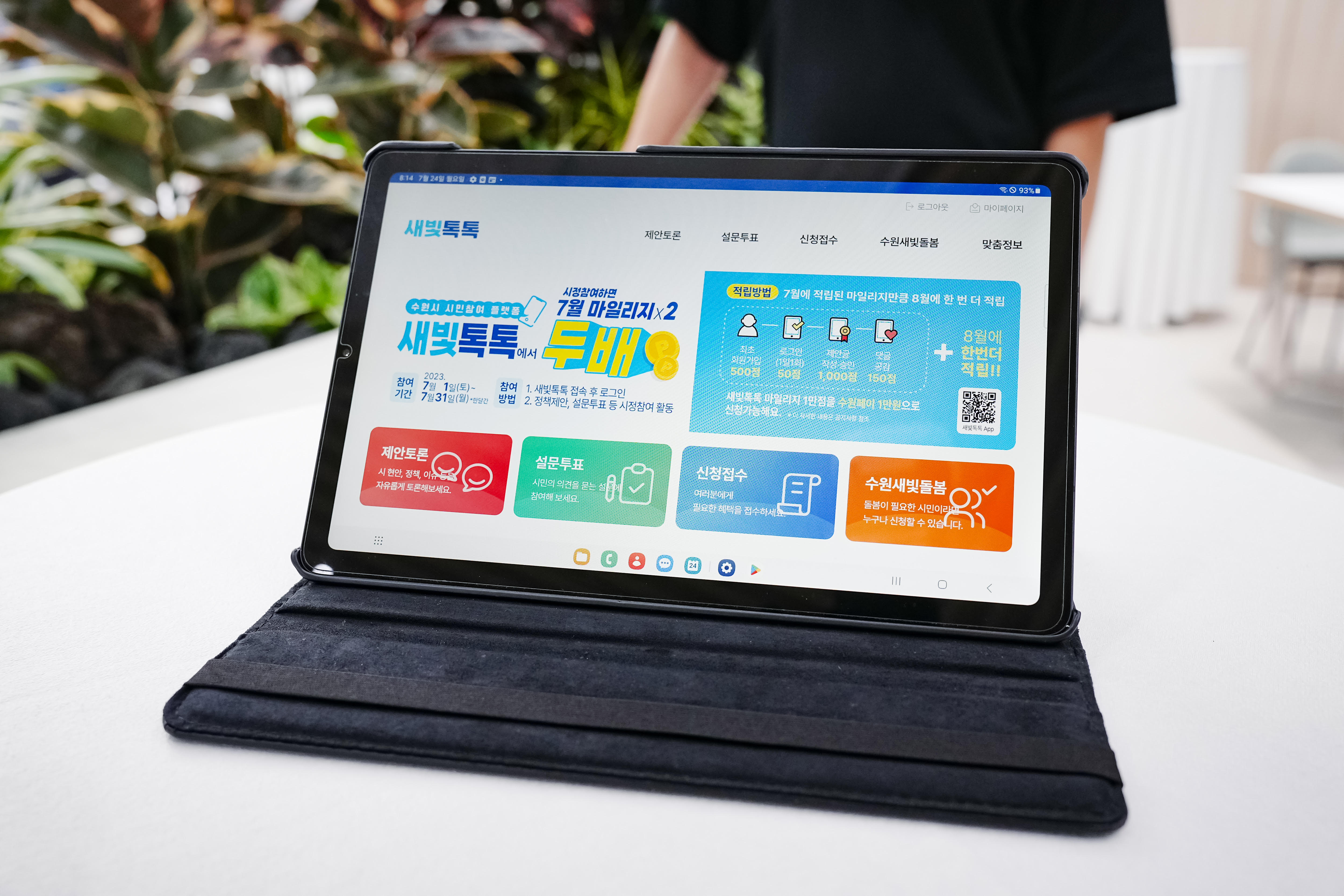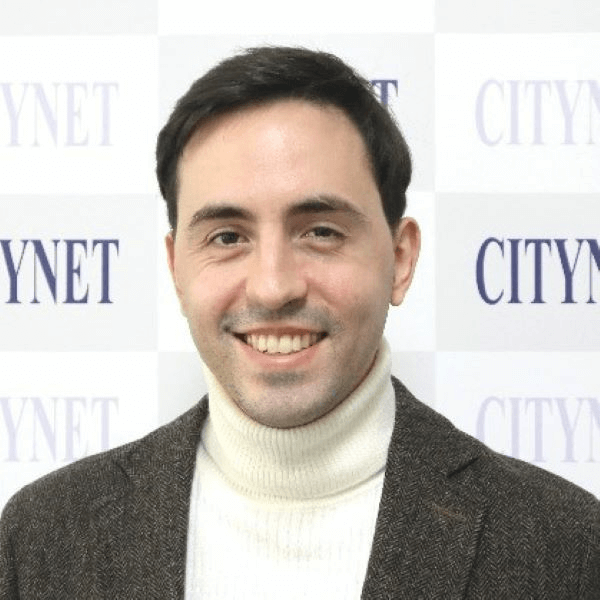City
Suwon
Main actors
City Government, Community / Citizen Group, Research Institutes / Universities
Project area
Whole City/Administrative Region
Duration
Ongoing since 2023
Saebit Talk Talk’ is a citizen participation platform established by Suwon City to enhance communication with citizens and allow them to directly participate in municipal governance.
This is an abbreviated version of the original case study on the Urban SDG Knowledge Platform with information provided by Suwon City.
The primary objective of Saebit Talk Talk is to create a system where citizens can easily and actively participate in and propose ideas for Suwon City's policies. The platform aims to reflect citizens' opinions in government decisions through a direct democracy approach, thereby improving the quality of policies. Furthermore, it seeks to create a culture where citizens freely exchange opinions and engage in respectful discussions.
Main Features of the Platform
- Citizen Proposals: Citizens can submit policy ideas and engage in discussions with other citizens. Through comments and likes, the popularity and feasibility of the ideas are evaluated.
- Discussion and Consensus: Citizens can exchange opinions through comments on proposed ideas and show support by clicking the "like" button. Proposals that receive a certain number of likes are forwarded to the relevant department for review.
- Surveys and Polls: A feature to collect citizens' opinions on major Suwon City policies through surveys and polls.
- Application and Registration: Citizens can apply for projects organized by Suwon City through the platform.
Operational Process
- Citizen Proposals and Discussion: Proposals submitted by citizens are open for discussion for 30 days, during which citizens can express their support and share their opinions.
- Review and Evaluation: Once a proposal reaches a certain level of support, the relevant department conducts a review and evaluates whether the proposal can be adopted as a policy.
- Policy Implementation: Adopted suggestions are turned into actual policies, and citizens are regularly updated on the progress.
The lead agency for the project is Suwon City.
Budget for System Development
239,359,000 South Korean Won
Budget for System Maintenance
Year 2024: 35,916,000 South Korean Won
Year 2025: 38,308,000 South Korean Won
Increased Citizen Participation
- Since the introduction of Saebit Talk Talk in 2023, over 100,000 citizens have registered, and the platform has accumulated over 1.1 million visits.
- Out of 593 policy proposals submitted by citizens, 35 were adopted after review by the relevant departments.
- Notable examples include discounts for attending home games of professional sports teams and a meal delivery service for residents in need, including those aside from the elderly.
- These policies are particularly significant as they were the first to be implemented based on citizen proposals.
Policy Implementation and Improved Administrative Efficiency
- Some of the citizen suggestions received through Saebit Talk Talk have been incorporated into Suwon City's policies.
- The citizens who made the proposals, along with the responsible departments, worked together to refine and implement these policies.
- This direct democracy approach enhances the transparency and efficiency of administration by ensuring that citizen participation has a direct impact on policy decisions.
Education and Collaboration
Suwon City collaborated with the Department of Public Administration at Ajou University and Kyonggi University to create a course where students actively use Saebit Talk Talk, providing them with an opportunity to understand the policymaking
External Recognition
Saebit Talk Talk was awarded the Minister of the Interior and Safety Award for Excellence in Proposal Activation in 2024.
This award recognizes Suwon City's proactive adoption of citizen proposals and their integration into policy, validating the platform’s successful operation.
Suwon City is actively encouraging citizen participation through Saebit Talk Talk and plans to further develop the platform to gather and implement policy ideas from various fields.
Based on an online platform, Saebit Talk Talk can easily be adapted by other cities or countries to implement a similar system for citizen engagement. Since the system operates online, it allows for participation regardless of time or location, making it highly replicable. Real-time feedback and the ability to refine proposals through discussions increase its practicality for use in other areas.
Suwon City attracted international attention by introducing Saebit Talk Talk to foreign officials from countries such as Finland, Thailand, and Japan. A research team from Helsinki University in Finland, officials from Thailand's local government, and representatives from USAID, as well as prominent businesspeople and executives from public institutions in Japan, learned about Suwon's digital citizen participation model and explored ways to apply it in their own countries.
On Map
The Map will be displayed after accepting cookie policy


